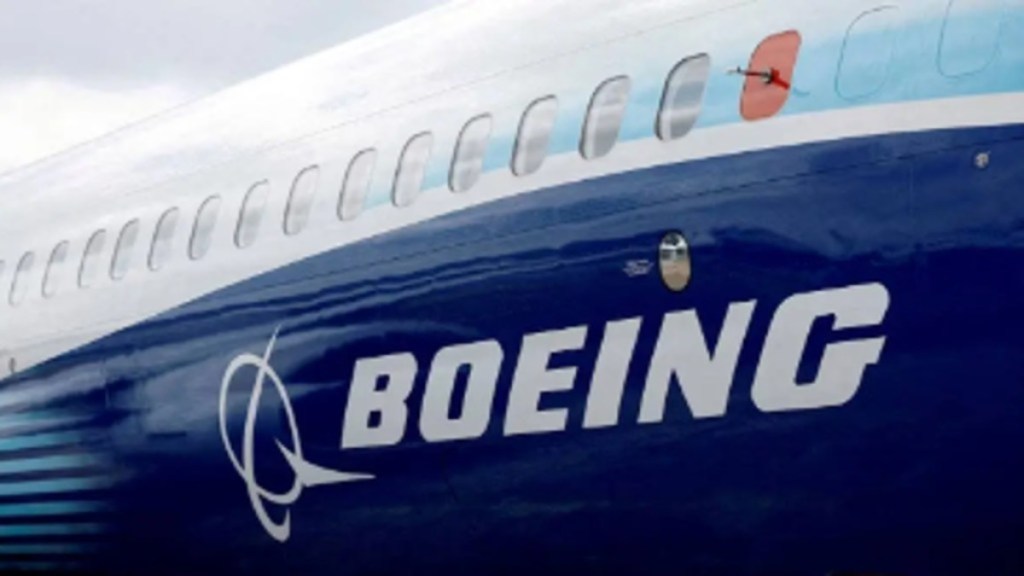Air India plane crash: Following the crash of Air India Flight AI171 near Ahmedabad on June 12, Boeing issued an official statement expressing condolences and pledging full assistance.
“We are in close contact with Air India regarding Flight 171 and are ready to provide full support,” the company stated. “Our thoughts are with the passengers, crew, first responders, and everyone affected by this disaster.”
Boeing President and CEO Kelly Ortberg also released a separate message: “Our deepest condolences go out to the loved ones of the passengers and crew on board Air India Flight 171, as well as everyone affected in Ahmedabad. I have spoken with Air India Chairman N. Chandrasekaran to offer our full support. A dedicated Boeing team is ready to assist the investigation led by India’s Aircraft Accident Investigation Bureau (AAIB).”
A statement from Boeing President and CEO Kelly Ortberg on Air India Flight 171.
— Boeing Airplanes (@BoeingAirplanes) June 12, 2025
Full statement: https://t.co/CtZuIKoa4T pic.twitter.com/9OEkC8RURx
Ortberg added that Boeing will defer to the AAIB for official updates, in accordance with Annex 13 of the International Civil Aviation Organization protocol.
Flight AI171 crash
Air India Flight AI171, operated by a Boeing 787-8 Dreamliner, took off from Sardar Vallabhbhai Patel International Airport at 1:38 PM en route to London Gatwick. Just five minutes later, the aircraft crashed into a densely populated residential area in Meghani Nagar, Ahmedabad. The Directorate General of Civil Aviation (DGCA) confirmed that the plane reached a height of 625 feet before crashing. Of the 242 people, the flight was carrying, only one passenger survived.
Aviation incidents involving Boeing
This marks the first fatal crash involving the Boeing 787 Dreamliner since its commercial debut in 2011. The Dreamliner had maintained a strong safety record, despite recurring technical challenges, including engine-related groundings. Its advanced design and fuel efficiency had made it a flagship aircraft for long-haul routes globally, with more than 1,100 units in service.
The crash has reignited concerns about Boeing’s quality control and manufacturing standards. Although no direct cause has been established, ongoing FAA investigations into Dreamliner production issues such as improper assembly and alleged structural flaws have raised red flags. Whistleblowers have pointed to gaps in Boeing’s oversight, prompting calls for deeper scrutiny of its aircrafts.
Boeing is still reeling from the aftermath of two fatal 737 Max crashes in 2018 and 2019, which led to 346 deaths and resulted in a $1.1 billion settlement with the US Department of Justice. The current tragedy, although involving a different aircraft model, places the company once again under global scrutiny.
